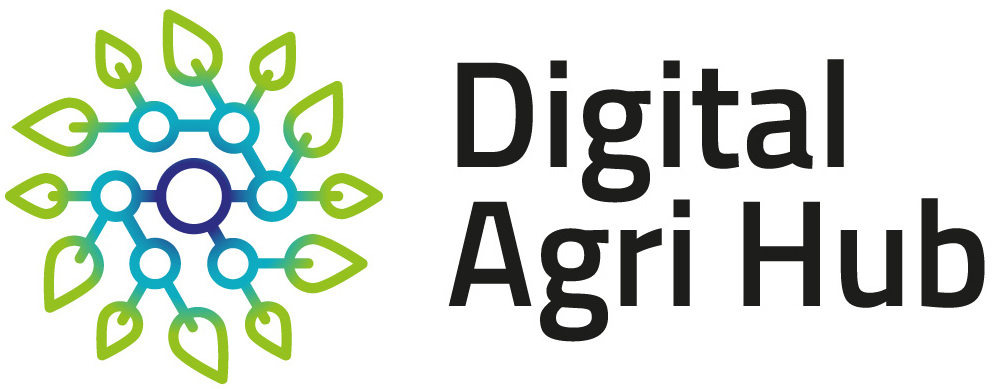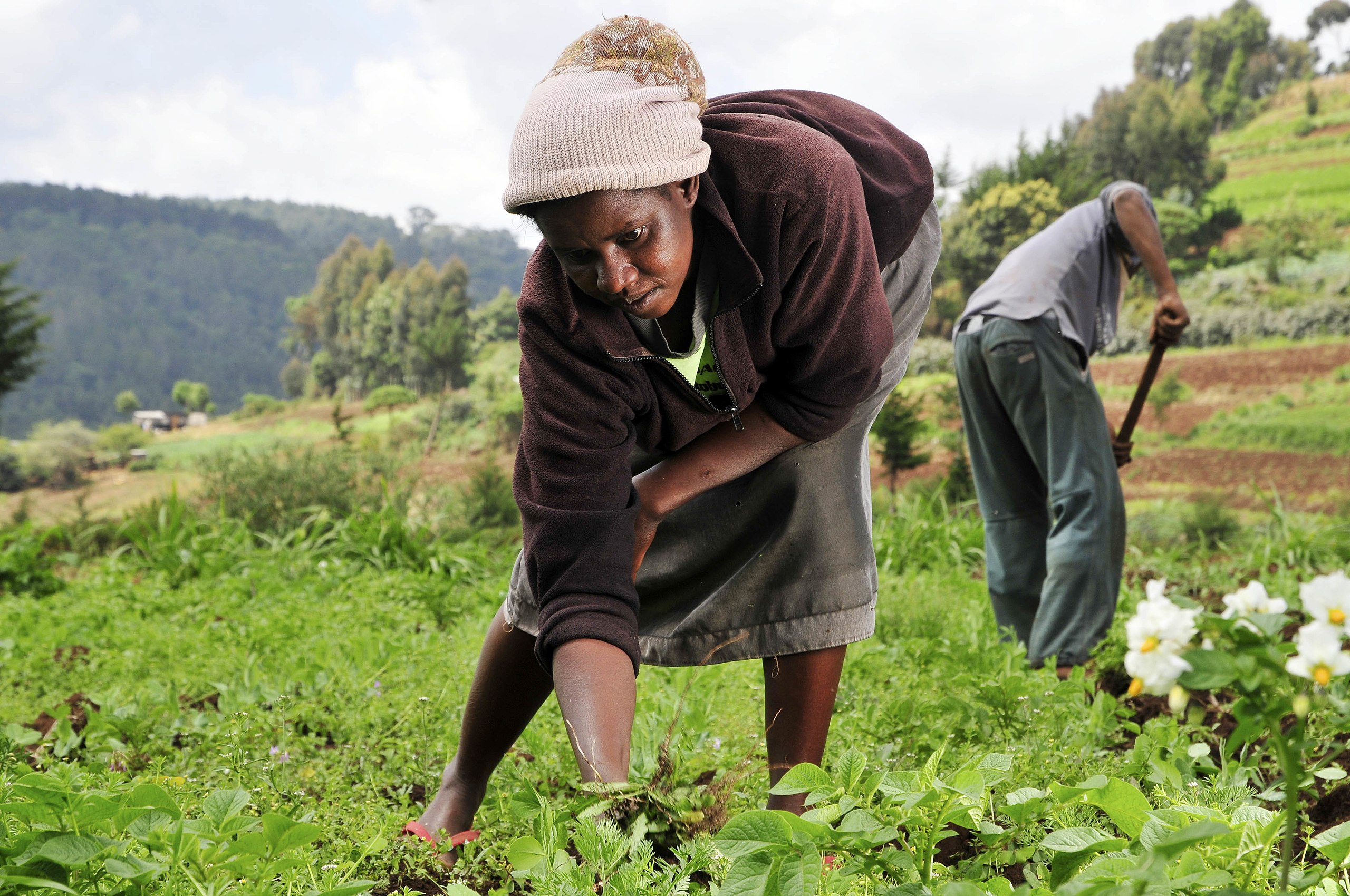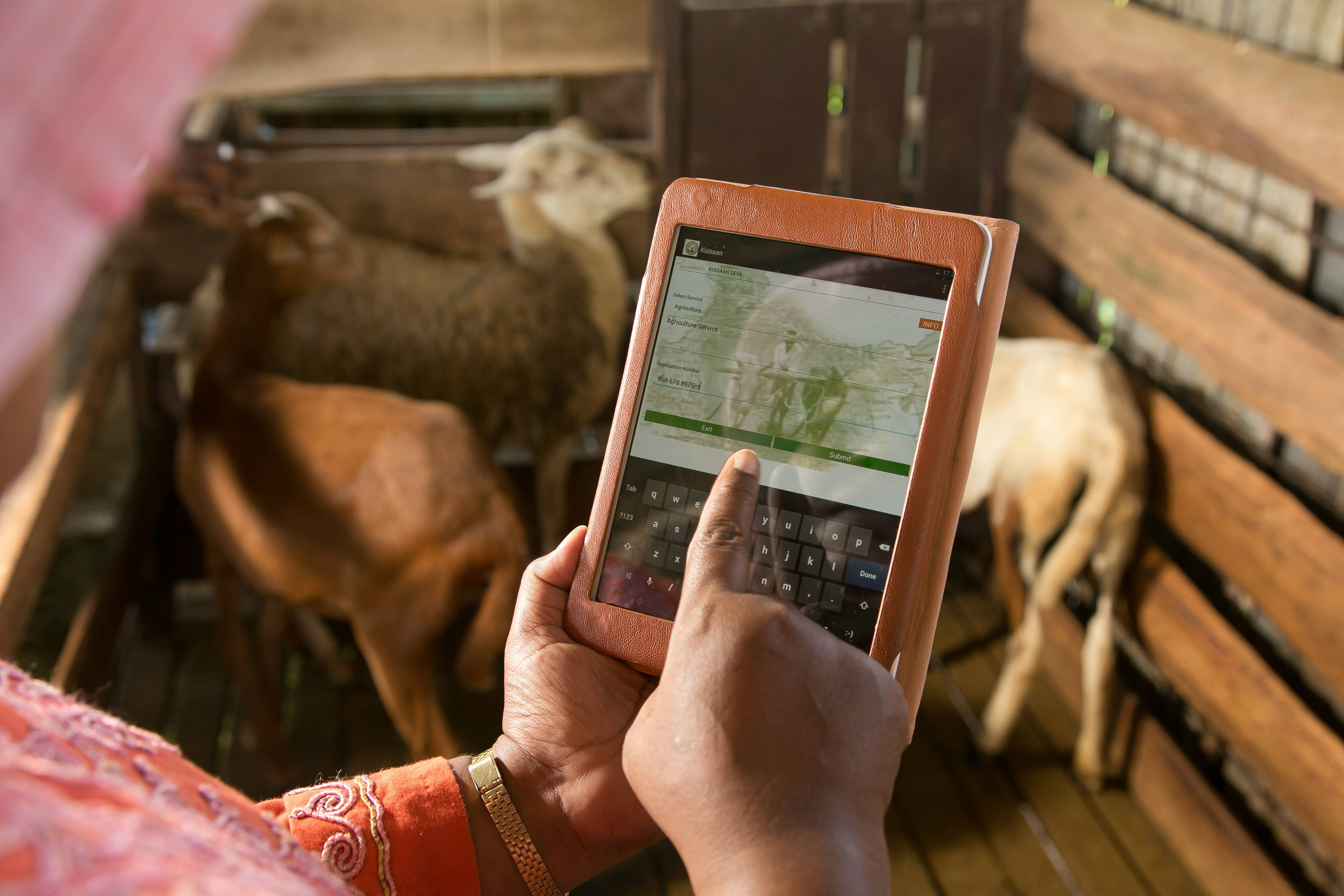Impact investment in Digital Climate Advisory Services
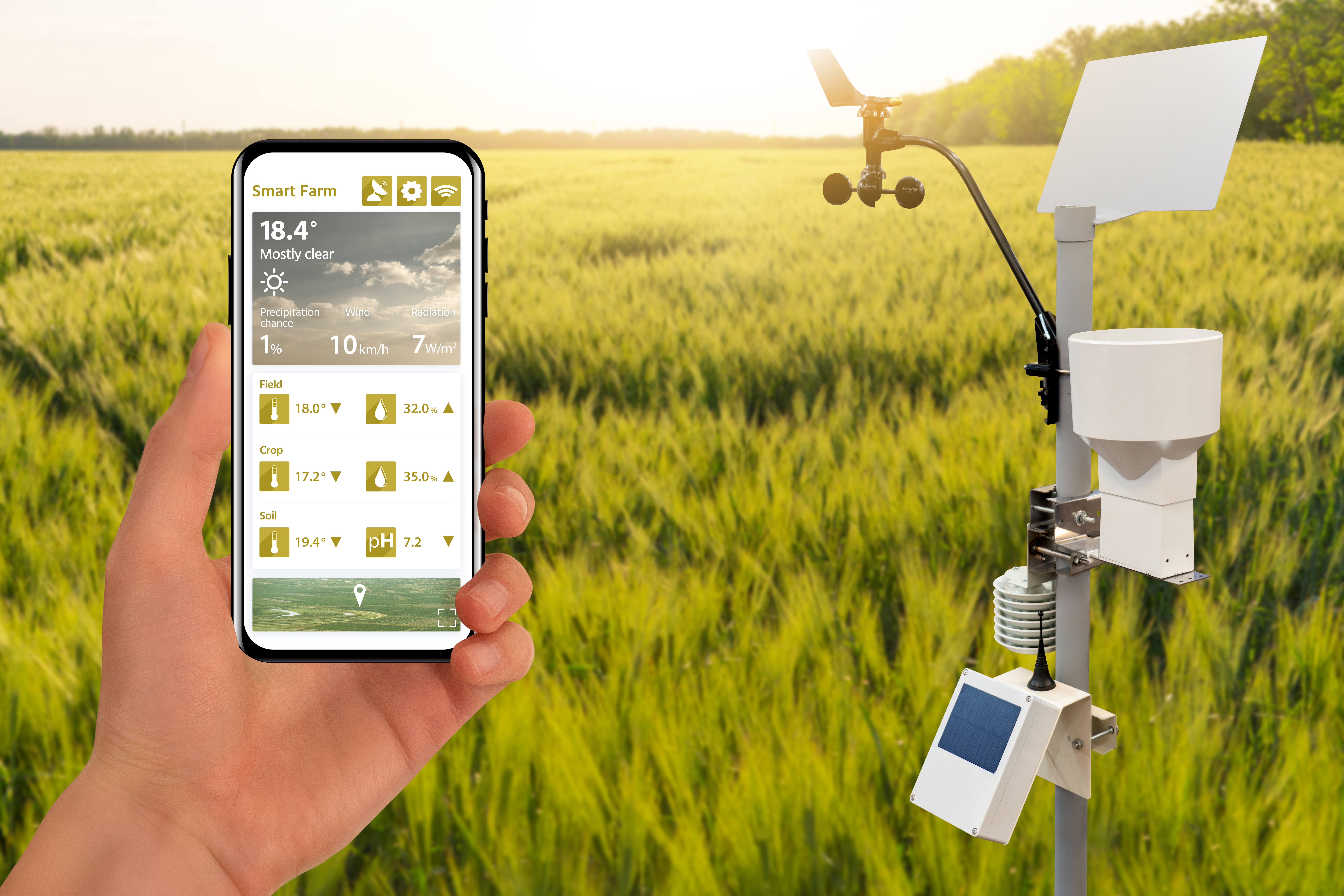
Impact investment in Digital Climate Advisory Services
Author: Inder Kumar
Publish Date: 4 November 2021
Digital Climate Advisory Services (DCAS) are digital services (mobile apps, radio and climate information platforms) together with digitally-enabled services (printed bulletins and extension services) offering climate information that target small-scale producers (SSPs), helping users to adapt to climate variability and change. Digital technologies have transformative potential for climate finance, deploying effective climate services and bringing them to the last mile – small-scale producers. The Food and Agriculture Organization of the United Nations (FAO) has highlighted the existence of a significant gap in institutional (public and private sector) investments, climate science, and inclusive planning and policy for transdisciplinary co-design and co-production processes. This blog investigates the potential of Digital Climate Advisory Services to attract more private sector finance and leverage private capital to support SSPs in adapting to climate change. (Impact) investors have a growing interest in designing and deploying innovative investment solutions that embrace diverse business models and adjust to the local context (see, for example, www.acumen.org). Digital Climate Advisory Services fit well with principles applied by impact investors, as they can help small-scale producers and other value chain actors to build resilience to the climate impacts that threaten present and future agrifood systems. In addition, digital technologies and services have the potential to reach scale fast.
Strong local partnerships required for the development of DCAS
For strong DCAS to emerge, a local community of innovative SMEs, food value chains and financial institutions in the digitalisation for agriculture (D4ag) ecosystem is required, facilitating and leading to the establishment of robust partnerships. These partnerships can ensure that technology is at the core of the DCAS infrastructure, and such alliances are crucial if DCAS providers are to build tailor-made services for the last mile in reaching SSPs. The following highlights the different types of partnerships and their orientation for building a local community around a DCAS.
DCAS costs are highly dependent on local digital infrastructure. This includes up-front investment costs and annual recurrent costs to maintain service provision. For this reason, the focus of partnerships around a DCAS must first and foremost be the investigation of sustainable business models, revenue structures and governance, which can translate DCAS into added value for the farmer, and thereby secure a user base.
Second, DCAS solutions and service providers require a well-functioning investor ecosystem to grow from pre-seed to growth finance. Impact investors from different stages of funding series diverge in approach and rigour, adopting several methodologies and practices, hence a successful pipeline handover and impact measurement might be a bottleneck and requires attention. As a result, investors may need the patience to make a later exit than first planned. SSPs are usually not able to pay directly for the services, so other value chain finance and non-financial actors (digital service providers, agtech companies, agribusiness companies, cooperatives and agri-service providers) are likely to be crucial for local and long-term partnerships. Such players can couple DCAS provision with that of other services. Financial inclusion mechanisms for SSPs, in particular, (such as savings, credit and insurance) are highly suited to combining with Digital Climate Advisory Services, as DCAS then become a vehicle for climate finance.
Third, in the case of climate services, there is a need for knowledge institutions to fill the current research gap on scalable use of technologies, helping DCAS to provide impactful solutions. One example would be improving the accuracy of longer-term (seasonal) forecasting and ensuring inclusive access to delivery channels that enable women, youth and other marginalised groups to use Digital Climate Advisory Services. Knowledge institutions and DCAS providers can co-design and co-deploy services, thereby generating scalable data-driven advisory products with a hyper-local infrastructure, capable of disseminating services for last-mile recipients with low literacy levels. For example, the International Crops Research Institute for the Semi-Arid Tropics (ICRISAT) and Microsoft in India have teamed up to develop the Intelligent Agricultural System Advisory Tool, which has reached 40,000 farmers in two years, resulting in a 20 per cent increase (contributing US$225 per hectare (ha) to farmer income) in groundnut and chickpea yields, by integrating farmers in the value chain.
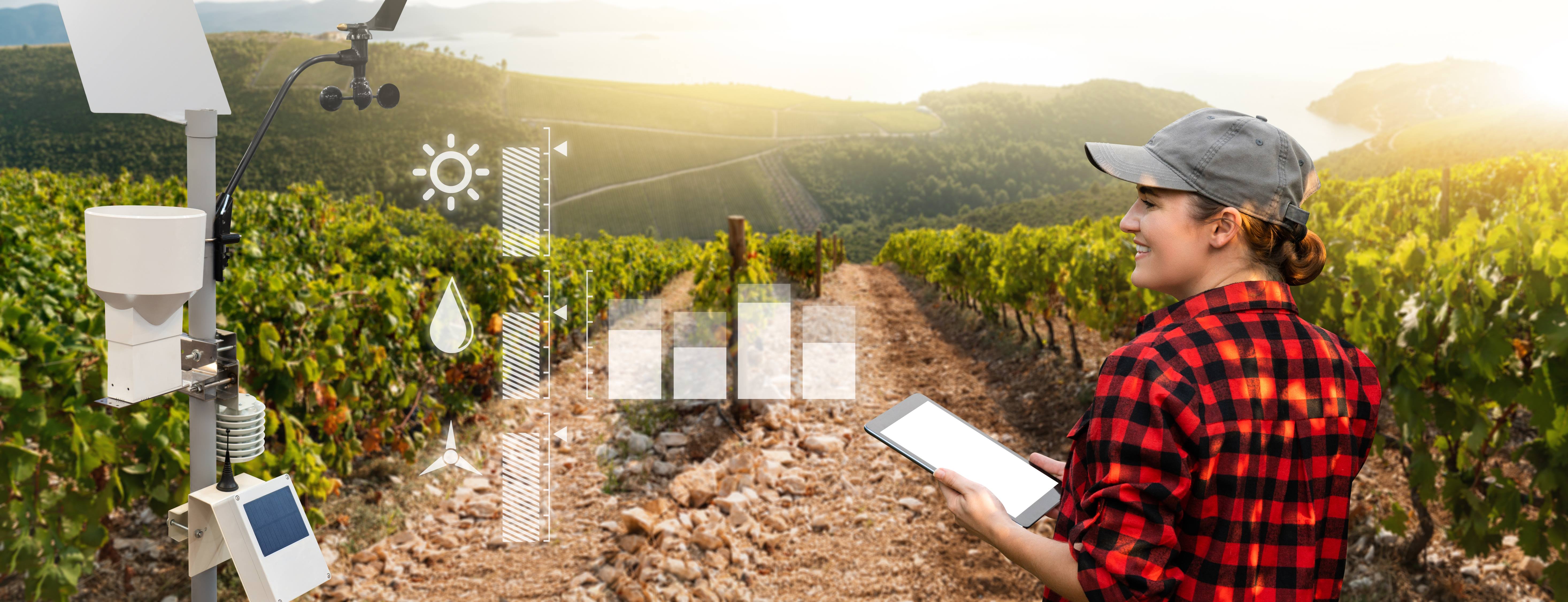
To summarize, investors need to look for capacity in the local community for building partnerships around DCAS providers. This will increase the prospects of scaling Digital Climate Advisory Services to manage climate risks, while contributing to food system resilience and enhancing adaptation.
To showcase the community around DCAS, Digital Agri Hub assessed two case studies in order to examine various commercial models, such as Business to Business (B2B) and Business to Consumer (B2C), with a geographical focus on India:
CropIn (HQ: Bengaluru, India, founded in 2009)
Stage: Series C
Total funding amount: $32.6M
Funding rounds: 10; Pre-seed (1), Seed (5), Series A (2), Series B (1), Series C (1)
Annual Revenue: $2.26M
Business model: B2B
CropIn is an earth observation and AI-led agtech organization that empowers the farming community by dynamically utilising agricultural data. The core value proposition of CropIn is bundling a wide range of services to offer holistic and comprehensive solutions. By making dynamic use of data derived from technologies such as satellite imagery, the Internet of Things and field data, CropIn has developed a community around farming companies, seed production companies, agri-input companies, financial lending institutes, crop insurance providers and government advisors. Leveraging the data across multiple stakeholders has enabled CropIn to provide bundled services, such as satellite- and weather input-based advisories, robust and flexible systems for farm management, traceability and output predictability, a package of best practices, and crop reports and insights. CropIn currently provides SaaS (Software as a Service) solutions to 225 agribusinesses and numerous governments and non-governmental organizations in more than 52 countries and has digitized more than 6.1 million acres (2.46 million ha) of farms.
BharatAgri (HQ: Pune, India, founded in 2017)
Stage: Seed
Total funding amount: $3.16M
Funding rounds: 5; Angel (1), Seed (4)
Annual revenue: $131K
Business model: B2C
BharatAgri is a farming technology platform that integrates farmers within the agriculture value chain. Its core value proposition is providing critical weather-related information, a personalised crop calendar and regular monitoring. BharatAgri systematically implements scientifically proven technologies such as satellite imagery-based farm mapping, a smartphone application for personalised farming solutions, and a call centre to provide crop-related expert consultation. BharatAgri bundles its weather-based advisory services together with a package of practices, market information and access, and soil and water testing services. By leveraging the data and bundling a wide range of services, BharatAgri keeps transaction costs low ($4-5 per annum (p.a.)) to support the last mile ($0.5-1 p.a. for SSPs).
Lessons learned
- Involving value-chain finance and non-financial actors as active partners in local communities can help DCAS providers to scale up. This will increase the likelihood of impact investors filling the investment gap, while contributing to food system resilience, managed climate risks and enhanced adoption.
- Developing a local community around science-based digital innovation has the potential to drive the co-design and co-production of DCAS solutions and services.
- By leveraging data across multiple stakeholders and bundling services, DCAS can be scaled up to make effective use of climate finance, while keeping transaction costs low enough to reach and support the most vulnerable.
